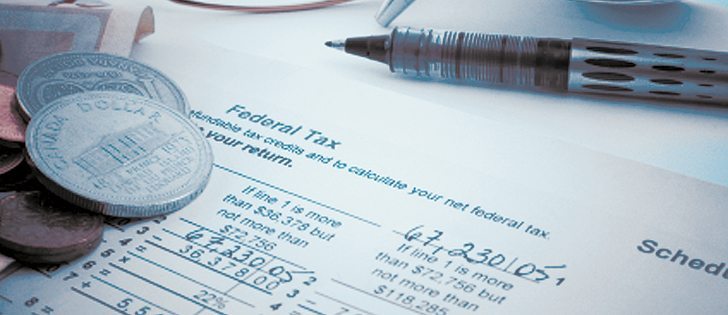Across Manitoba, political parties are pledging to bring more jobs and economic prosperity to the province if they win the April 19 general election.
These are laudable goals, but they can only be accomplished if Manitoba’s top job creators, small businesses, are thriving.
Yet this is just not the case. Two-thirds of Manitoba small business owners are concerned about the state of the provincial economy. Even worse, seven in 10 entrepreneurs aren’t confident the policy changes they need to create jobs will be addressed during the election.
Read Also

Canadian farmers need new tools to support on-farm innovation
Farmers need a risk management buffer that actually works and investment that drives advancements forward if Canada is to build resilience.
While most provincial government actions impact small businesses, three areas require immediate attention: Manitoba’s fiscal framework, the provincial tax climate, and easing the red tape headache.
The key to keeping any business, farm or government on solid financial footing is making sure expenses don’t exceed revenues. If they do, you’ll rack up deficits that turn into long-term debt.
This simple rule is why agri-business owners and the broader small business community firmly believe the Manitoba government’s operating spending shouldn’t increase faster than the population grows.
Unfortunately, Manitoba isn’t anywhere near fiscal sustainability at the moment.
Over the last 10 years, the province’s inflation adjusted operating spending increased 2.5 times faster than population growth. This created chronic deficits that added billions to Manitoba’s debt and increased pressure to raise taxes.
Returning to sustainable spending levels and balancing the budget are the essential ingredients needed to address the top priority of small business owners — their total tax burden.
Currently, Manitoba ranks sixth amongst the provinces for having a competitive small business tax climate. To attract workers and keep businesses in Manitoba, we need to lower taxes, not raise them.
When asked what their top priorities for tax relief are, Manitoba entrepreneurs cite lowering the PST to seven percent and reducing personal income taxes.
This is not a surprise to many Manitobans who know first-hand the cost savings of cross-border shopping in Saskatchewan, where the PST is almost 40 percent lower (8 versus 5 percent). In fact, most Manitoba families pay nearly twice as much PST as Saskatchewan families (Alberta families pay no PST — for now at least).
Similarly, residents living in the other Prairie provinces face far lower income tax bills.
A dual income family of five earning $75,000 in Manitoba paid $3,713 in 2015 income taxes. That same family paid $1,950 in Alberta and just $402 in Saskatchewan.
To start levelling the playing field with our neighbours, small business owners want a $2,000 increase to the Manitoba Basic Personal Exemption — the amount you can earn before paying income tax — by 2020.
Manitoba small business owners spend $1.2 billion every year complying with regulations. Of this amount, $400 million, or 30 percent, is considered red tape — regulatory hoops that add time and cost without making a meaningful impact on safety or the environment.
Agriculture is hardest hit by red tape with 76 percent of Canadian producers citing it as a concern.
Manitoba’s hog barn ban and grain dryer installation delays are just a few of the more frustrating recent examples.
Reducing red tape so agri-business owners can direct more re-sources to growing their businesses and less time filling out needless government paperwork is a key to creating jobs.
These changes alone won’t solve all of Manitoba’s competitive ills, but they would make it easier for small businesses to create jobs and attract the workers needed to fill them.
As election day nears, all party leaders who speak about job creation as their goal must heed the advice of small business owners, the actual job creators. Entrepreneurs will be listening and voting for the party leaders who do.
Elliot Sims is Manitoba Director of Provincial Affairs with the Canadian Federation of Independent Business (CFIB). He can be reached at msman@cfib.ca.















